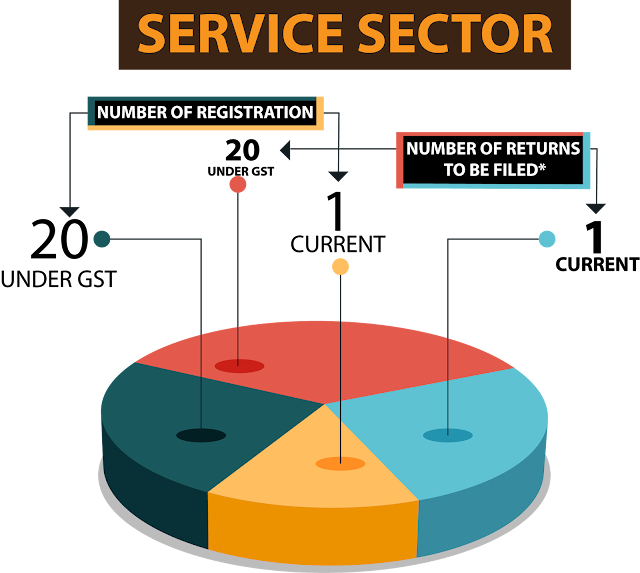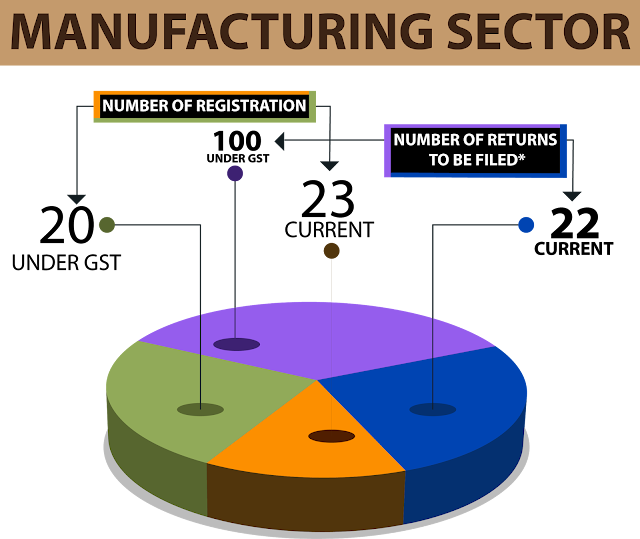Dharmendra Pradhan, the union Petroleum minister, hoped about the entire Petroleum to be part of the GST. Now, products like Naphtha, Kerosene and LPG, Liquefied petroleum gas come under the GST.
In the future it is expected that all the five items, natural gas, aviation fuel, crude oil, diesel and petrol that do not come under the GST would also fall under the umbrella of the GST. They expect all these to be part of the GST. This makes the states get perturbed GST Implementation In India as the states will not be able to get the VAT and the service tax. Pradhan however; stated that the GST would be beneficial for the states too. He said this during the ceremony of contract signing for blocks.
CBEC will be renamed and reorganized
for GST regime
Due to GST,
the CBEC, the central board of Excise and customs, will acquire a rename of
CBIC, Central board of indirect customs. For the implementation of the GST, the
CBEC, the central board of excise and customs will be reorganized too. All this
would happen after the approval of the parliament. Reorganization of the CBIC
has already Ind AS Implementation In India acquired an approval from the finance minister, Mr. Arun Jaitley.The
reason for the reorganization given by the finance minister is the
implementation and the enforcement of the GST laws.
After
receiving an approval of the legislature, the renaming of the CBEC has taken place.
The responsibilities of CBIC would include supervision of the work of all the
formations of the field and directorates and providing assistance to the
government in making of the policies associated with the GST.The department
would continue the functions of the customs and the central excise levy.
CBIC would
comprise of 21 zones, GST taxpayer services
commissionerates-101 in totality,768 divisions,15 sub-commission rates, 49 audit commissionerates,3969 ranges and 50
appeals Business Advisory Companies In India commission rates. This would ensure providing the tax payer services to
all the taxpayers through a structure of an indirect tax administration, having
the presence of PAN India.
For possessing a robust network of the IT, the systems’
directorate general is being strengthened under the CBEC.All this has been
decided so that a smooth transaction can be done by the taxpayers under the
environment of the GST.
PM expects breakthrough on GST
He also said that moving ahead has been decided by the consent of all and via a democratic process, hoping the completion of the process of the GST before the session concludes the next month.








